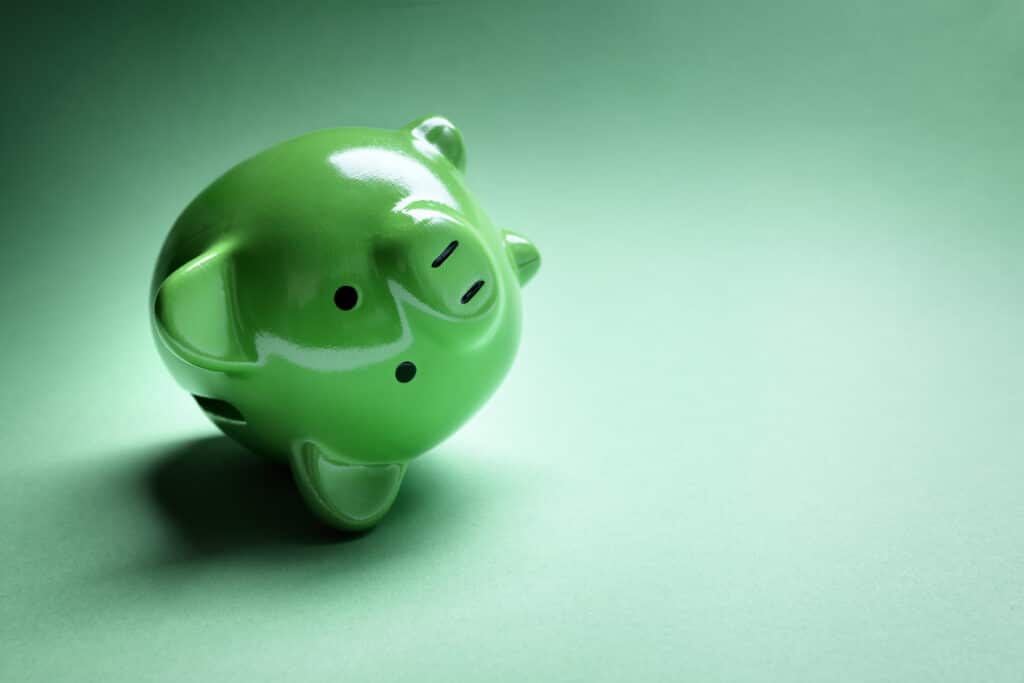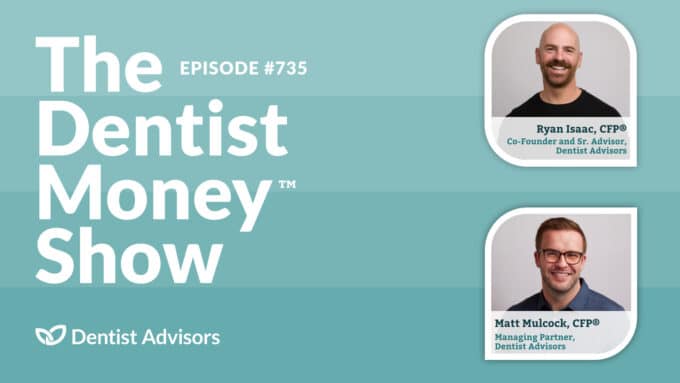TL;DR – Listen to the article post:
One of the biggest storylines headed into the 2023/2024 NFL season was the new home for future Hall of Fame quarterback, Aaron Rodgers. After 18 seasons with the Green Bay Packers, Rodgers was traded to the New York Jets giving their young, talented team hope for a Super Bowl run. However, on the very first drive of the season-opening game, his Achilles popped and he was carted off the field for further evaluation. Next thing you know, the backup quarterback, Zach Wilson, was put into the game and asked to lead the team to victory. It wasn’t pretty, but he got the job done.
Every team has a backup quarterback that they hope they never have to play since that usually means something bad has happened to the starting quarterback. However, when the backup’s name is called, they need to be ready to give their team the best chance of winning. In other words, they need to have a solid Plan B.
In a financial context, your emergency fund is your backup quarterback. It’s the safety net you can fall back on when you tear your proverbial financial Achilles. An emergency fund is a savings buffer set aside for unexpected expenses or financial crises, allowing you to weather the storm and come out okay on the other side.
When a dentist hires us to help them with their financial plan, one of the first things we do is check to see if they have sufficient emergency funds in their personal and business accounts. More often than not, we find that their emergency fund is insufficient, or missing altogether. There are always a couple of reasons they don’t have a proper emergency fund. One is that they simply don’t know how much they should have. Another is they spend too much money and don’t have the discipline to keep a savings cushion. One constant for those with an insufficient cash buffer is their feelings of insecurity, stress, and fear of their financial life being one level removed from disaster.
If you’ve made it this far, my hope is that you’ll benefit from three important tips to maximize the usage of your emergency fund.
- How much should I have in my emergency fund?
The amount you should have in an emergency fund depends on your individual financial situation, goals, and expenses. For your personal emergency fund, a common guideline is to aim for three to six months’ worth of living expenses. In your business, I recommend anywhere from 1.5x to 3x of your monthly overhead. Of course, these aren’t one-size-fits-all recommendations and there are many factors that influence the number you need, but these are good numbers to start with for most people. - Where should I keep my emergency fund?
When deciding where to keep your emergency fund, consider factors like accessibility, safety, liquidity, and the interest rate. It’s generally a good idea to have your emergency fund in a separate account from your regular checking and savings accounts to reduce the temptation to dip into it for non-emergencies. My preference is a High Yield Savings account, especially given the interest rates these accounts offer at the moment. A good option for personal use is Betterment and a good option for business use is Live Oak Bank. - What should I use my emergency fund for?
Your emergency fund should only be used for genuine emergencies and unplanned expenses. It is not meant for regular, everyday expenses or discretionary spending. Examples of these expenses are medical emergencies, job loss, car repairs, home repairs, family emergencies, legal expenses, natural disasters, etc. Once you dip into your emergency fund, make it a priority to replenish it as soon as possible to ensure you’re prepared for future unexpected events.
A dentist with a proper emergency fund in place typically feels a profound sense of financial security and peace of mind. They are reassured by the fact that they have a cushion of savings readily available to cover unexpected expenses or emergencies without having to resort to borrowing or financial stress. This financial preparedness gives them a sense of confidence and stability, ensuring they can tackle life’s challenges with confidence.





